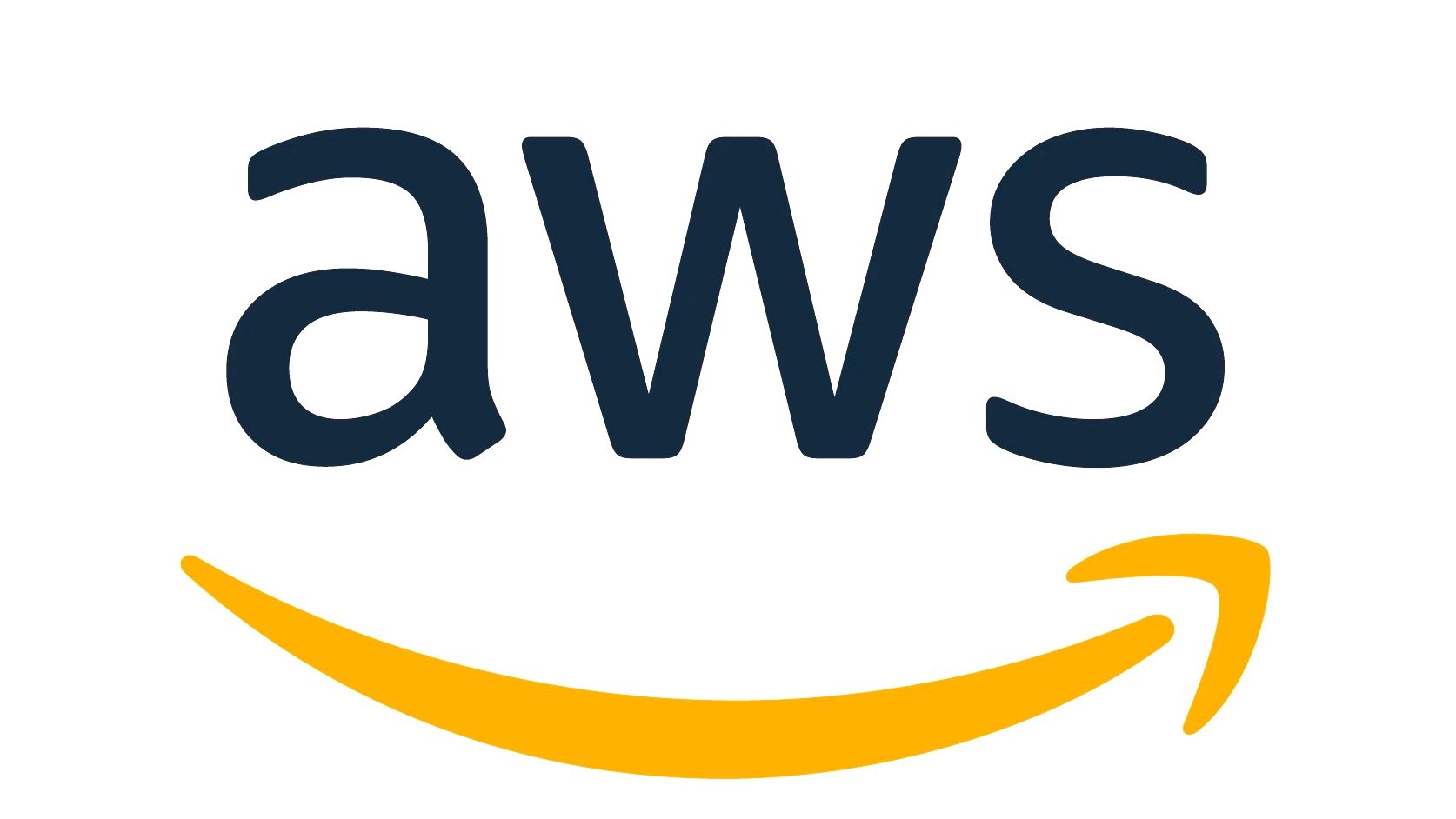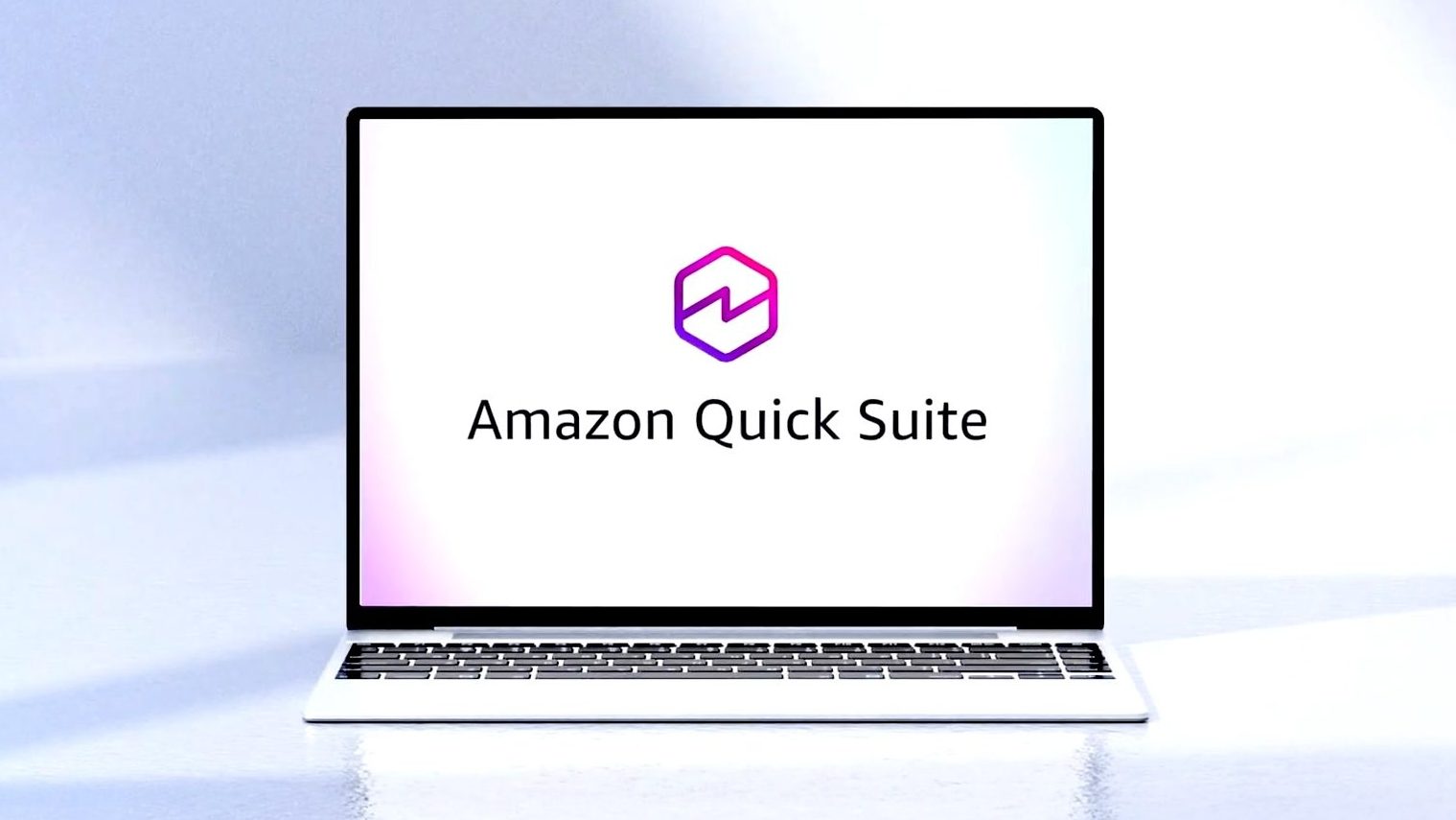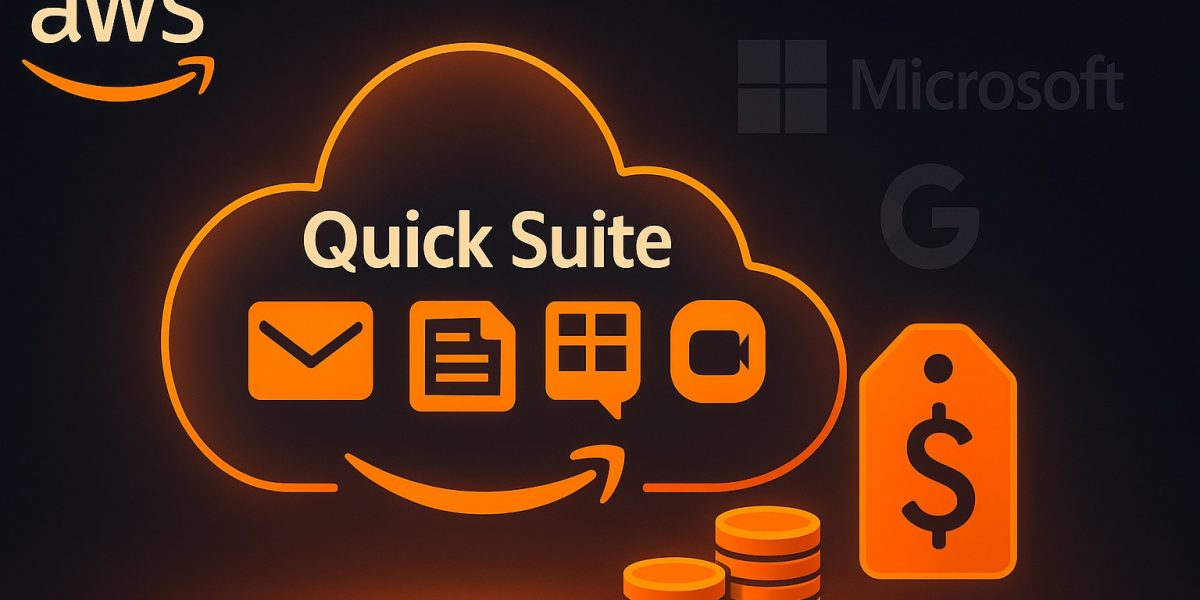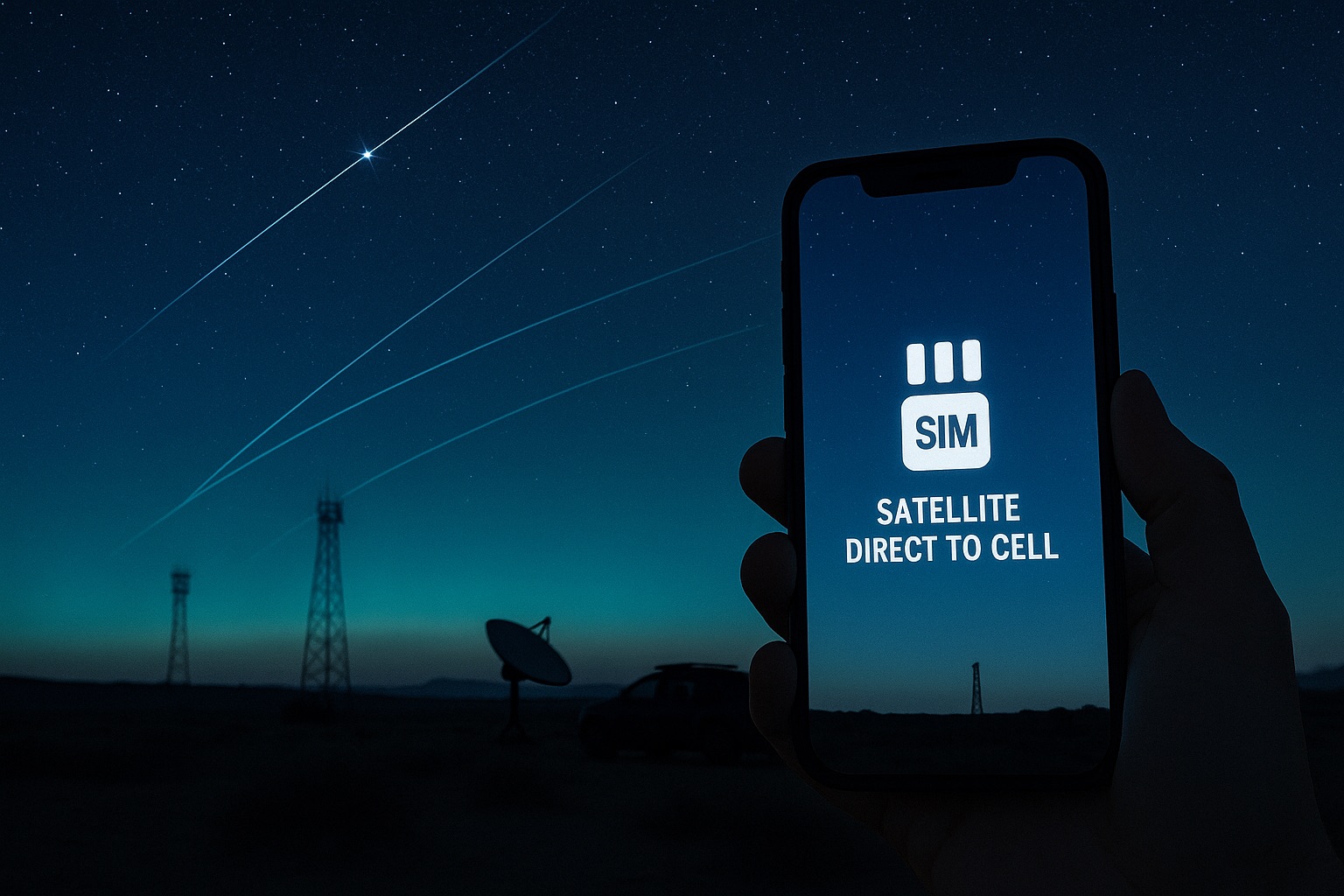Amazon Web Services dropped Quick Suite on October 9th, and the timing couldn’t be more deliberate—the same day Google launched Gemini Enterprise. AWS clearly wants a piece of the enterprise AI pie that Microsoft and Google have been carving up, and they’re coming in swinging with a $20/month price tag that undercuts the competition by a third.
Here’s what AWS Chief Marketing Officer Julia White told Bloomberg: Quick Suite gives you “everything you want to do with ChatGPT at work, but can’t.” That’s actually a pretty accurate way to describe the problem most companies face right now.

Why Your Company Probably Banned ChatGPT
Look, ChatGPT is incredibly useful. We all know this. But if you work for any company with actual security policies, you’ve probably gotten the email telling you not to use it for work stuff. The reason? When you paste sensitive company data into ChatGPT, you have no idea where that information goes or how it might be used to train future models.
Quick Suite solves this fundamental problem. AWS promises your data stays your data—queries don’t get used for model training, and everything runs within your company’s secure environment. It’s the difference between texting confidential client information versus discussing it in your locked office.
The platform connects to over 50 enterprise tools right out of the box—Salesforce, Snowflake, Slack, Microsoft Office 365, the works. Plus, it can hook into 1,000+ more applications through APIs. This matters because AI that can’t access your actual work data isn’t particularly useful.
The Features That Actually Deliver Results
I’m usually skeptical of vendor case studies, but some of the early numbers are hard to ignore. Propulse Lab cut their customer support ticket handling time by 80%. Kitsa analyzed clinical trial sites in days instead of months while saving 91% on costs. Those aren’t “5% efficiency gains”—those are game-changing improvements.
Quick Research creates comprehensive business reports by pulling from your internal systems and 200+ external sources. Think of it as having a very fast analyst who never gets tired and can synthesize information from dozens of places simultaneously.
Quick Automate handles the multi-step workflows that eat up everyone’s time. Amazon’s own finance team uses it to process thousands of invoices every month—work that used to take days now happens in minutes.
Quick Flows covers the simpler automation tasks, the repetitive stuff that makes you wonder why computers can’t just handle it. Now they can.
The Pricing Strategy That Changes Everything
At $20 per user monthly, AWS positioned Quick Suite right between consumer AI tools (ChatGPT Plus is $20) and enterprise offerings (Microsoft Copilot and Google Gemini Enterprise both cost $30). That’s not accidental.
Microsoft and Google now face an uncomfortable choice: drop their prices and lose revenue, or maintain pricing and justify why their products are worth 50% more. For mid-sized companies especially, saving $10 per employee per month adds up fast. A 500-person company saves $60,000 annually by choosing Quick Suite over Copilot.

Who Should Actually Consider This?
If your company already runs a lot of infrastructure on AWS, Quick Suite is a no-brainer to evaluate. The integration with existing AWS services means faster deployment and better performance since the AI can access data where it already lives.
If you’re deeply embedded in Microsoft 365 or Google Workspace, the decision gets trickier. Microsoft’s Copilot and Google’s Gemini integrate natively with their respective ecosystems in ways third-party tools simply can’t match. The $10 monthly savings might not be worth dealing with less seamless integration.
Companies that use a mix of platforms or those frustrated with Microsoft and Google’s pricing might find Quick Suite’s openness and Model Context Protocol support appealing. It plays reasonably well with others, which matters in heterogeneous IT environments.
What to Watch For
AWS offers a 30-day free trial for up to 25 users, which is smart. These platforms need real-world testing with your actual workflows and data before you’ll know if they deliver value. A month gives you time to run meaningful pilots without committing to annual contracts.
The big question: will Quick Suite maintain this $20 price point long-term, or is this aggressive introductory pricing designed to grab market share before inevitable increases? AWS hasn’t said, but their history suggests they’re comfortable with thin margins if it means dominating a category.
We’re now watching a three-way race between tech giants who each bring different strengths. Microsoft owns the Office ecosystem. Google has search expertise and arguably the most advanced AI models. AWS controls more cloud infrastructure than anyone else and just proved they’re willing to compete aggressively on price.
For enterprises trying to figure out how to actually deploy AI beyond experimental pilots, having multiple credible options with different strengths is good news. Just don’t expect the decision to get any easier as these platforms rapidly evolve and add features over the next year.




Post a comment